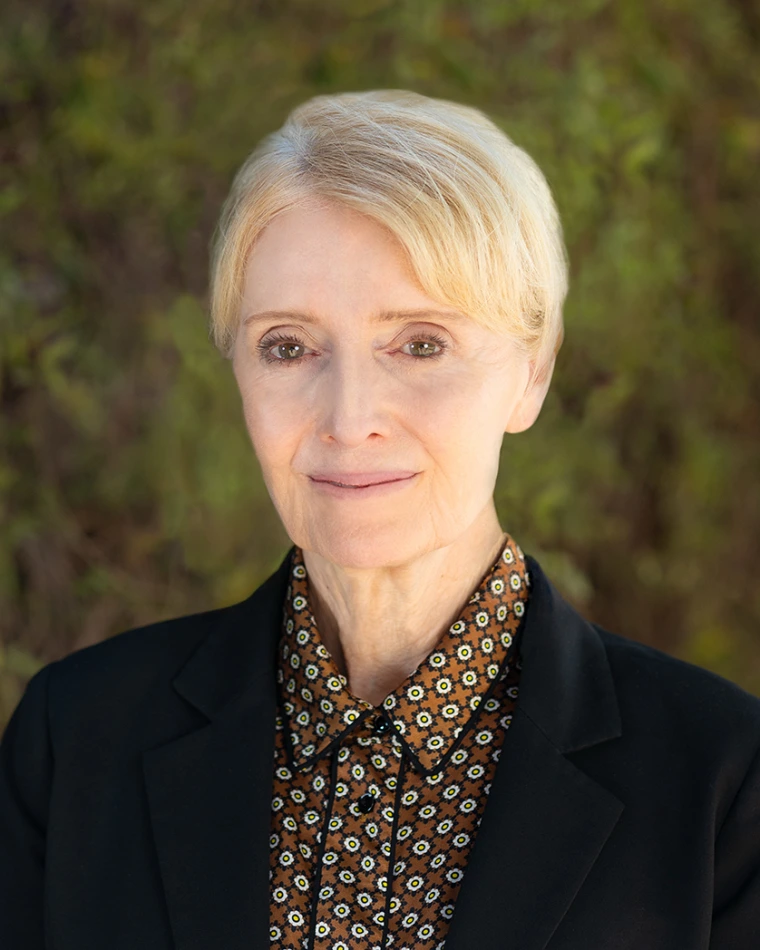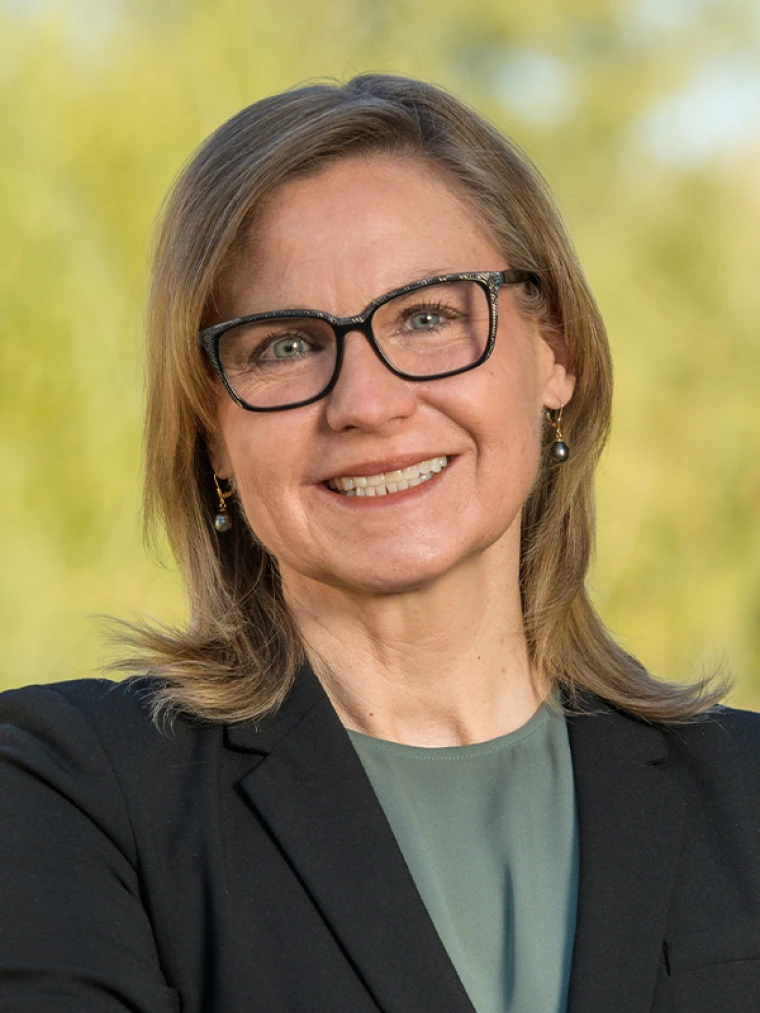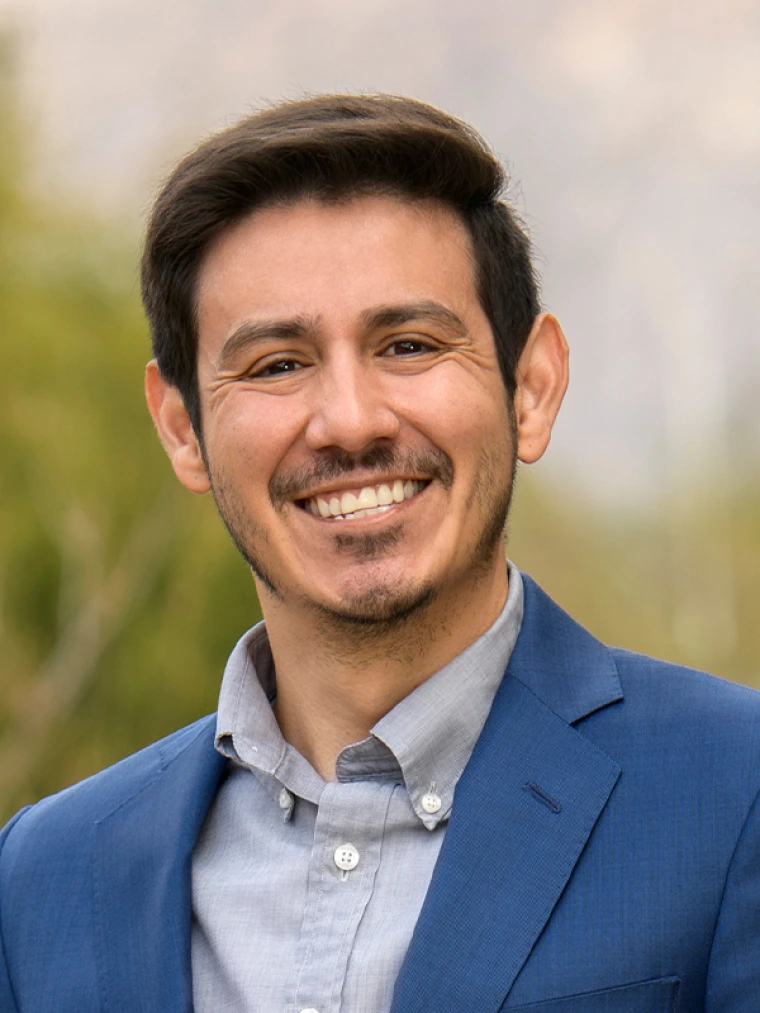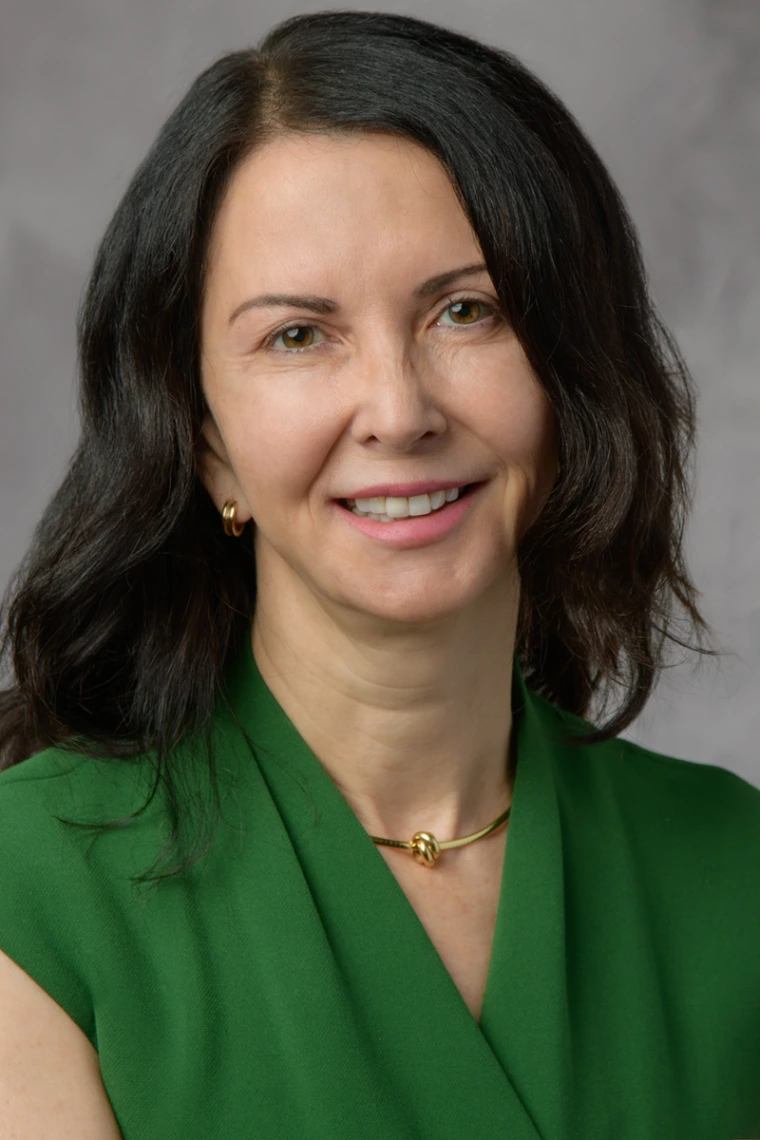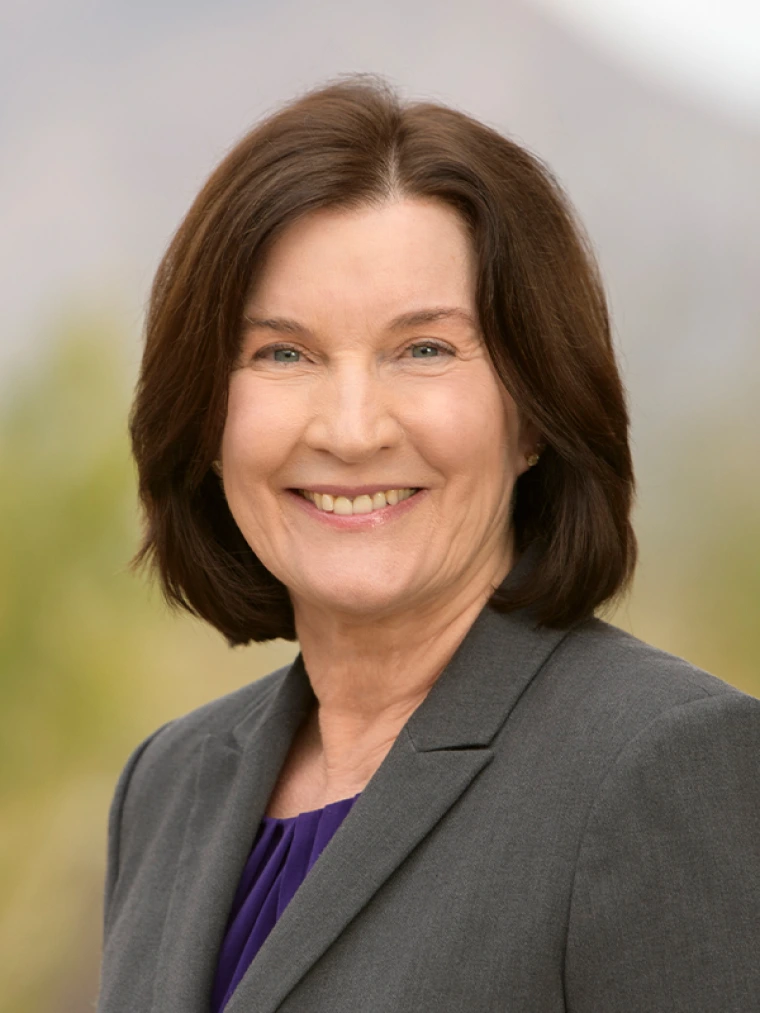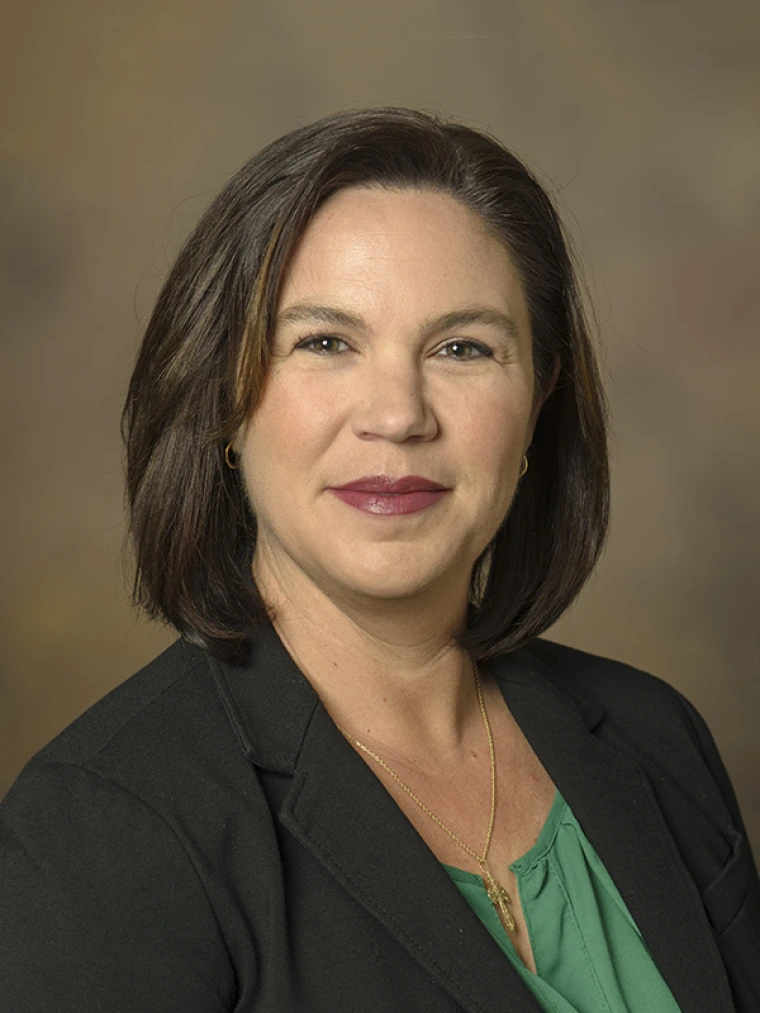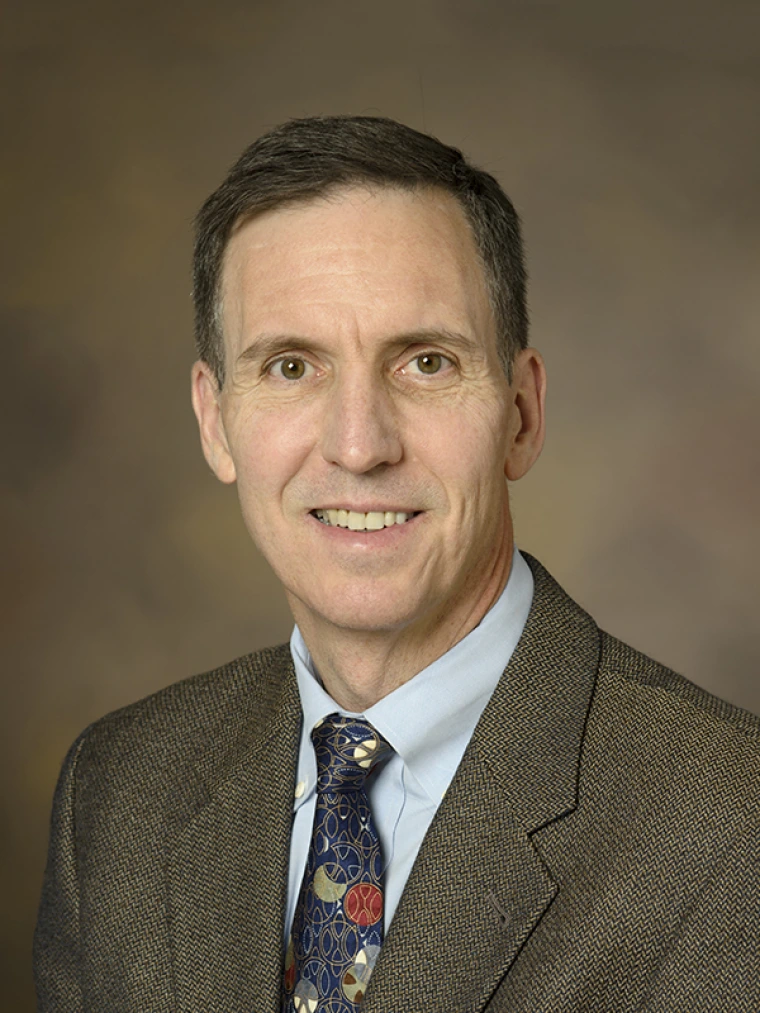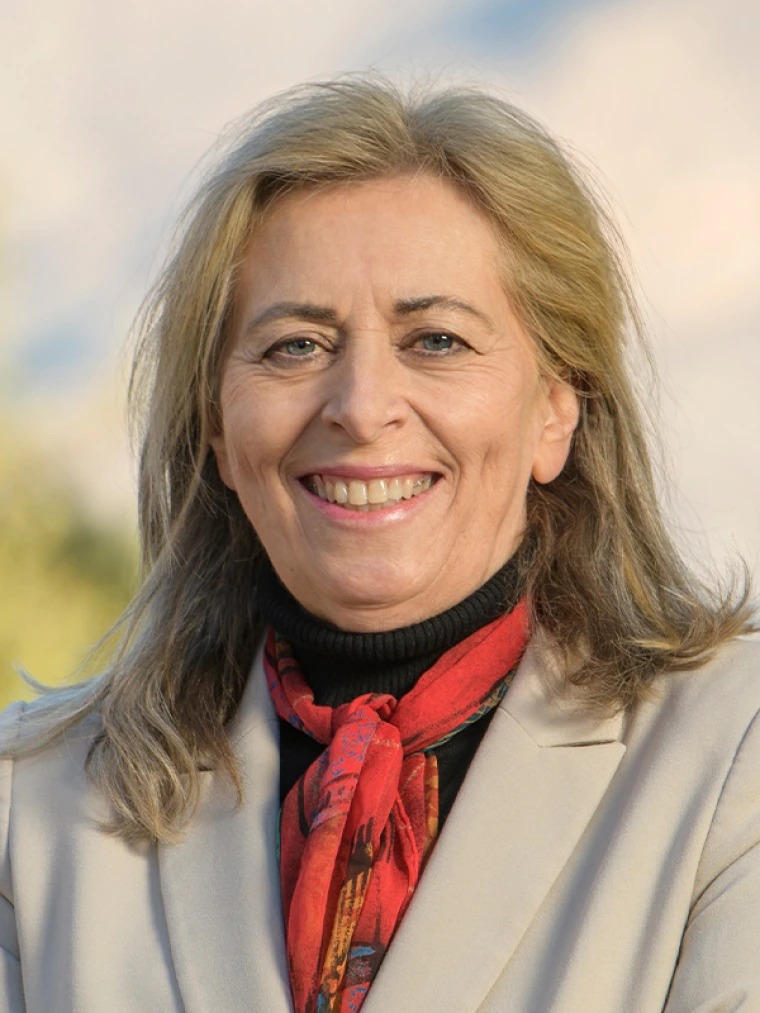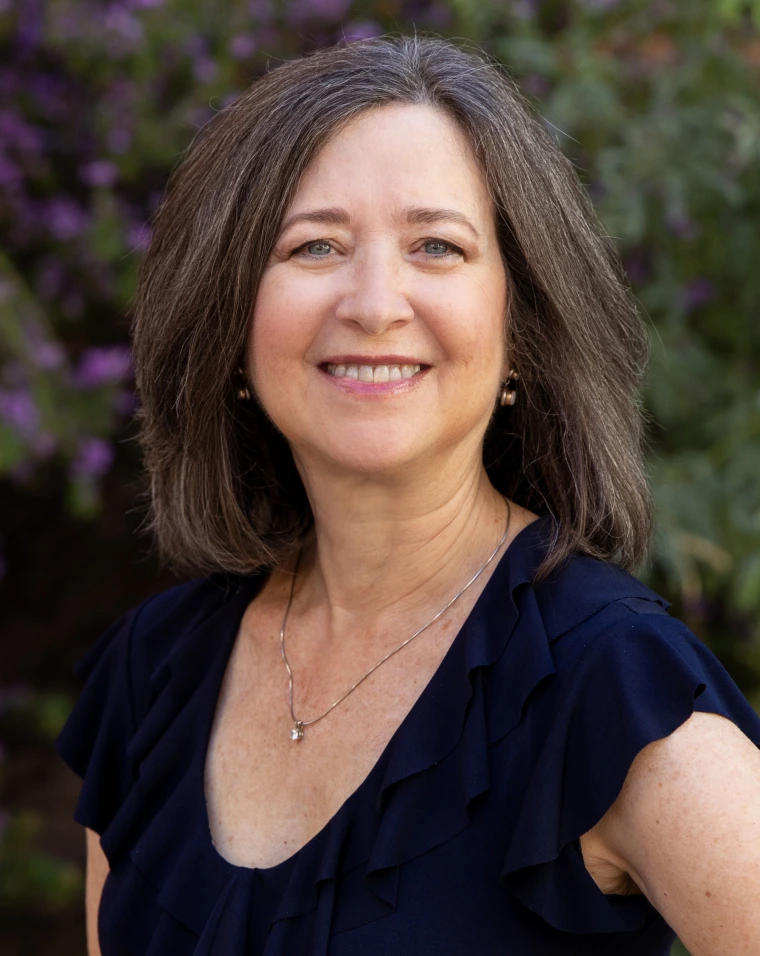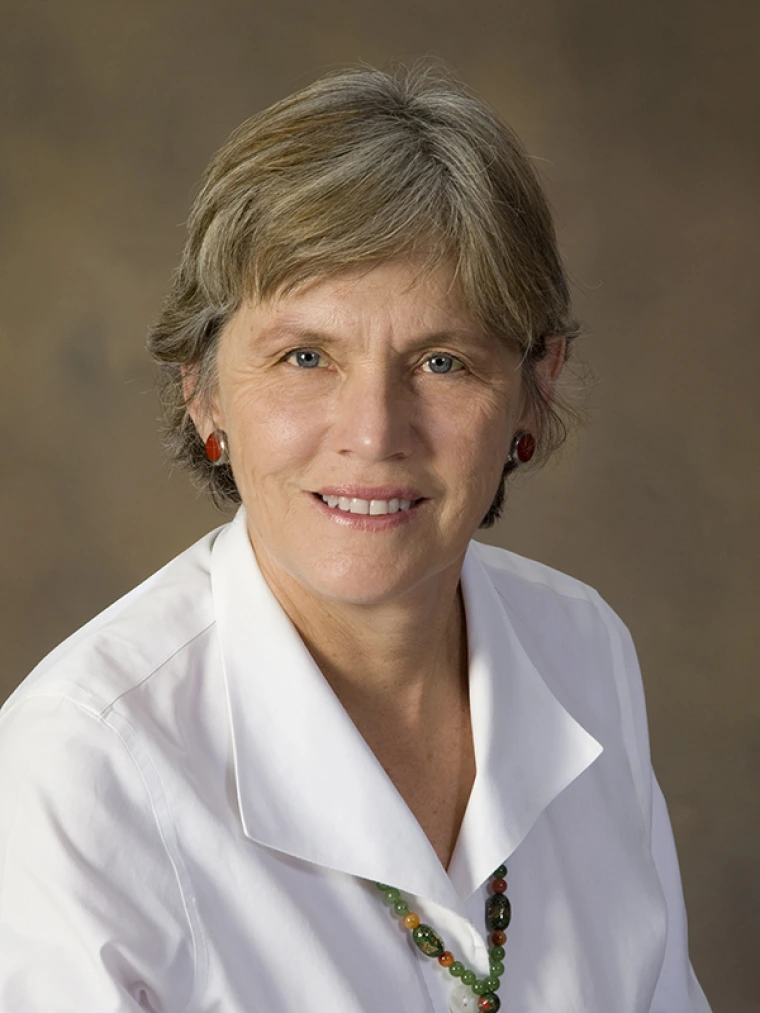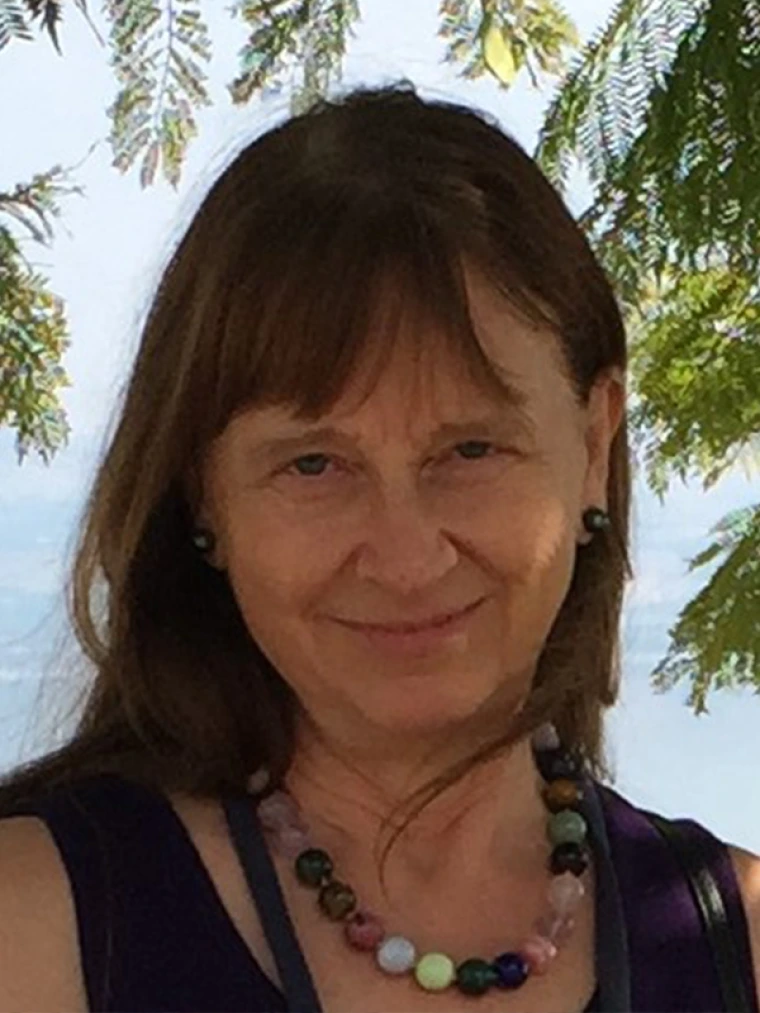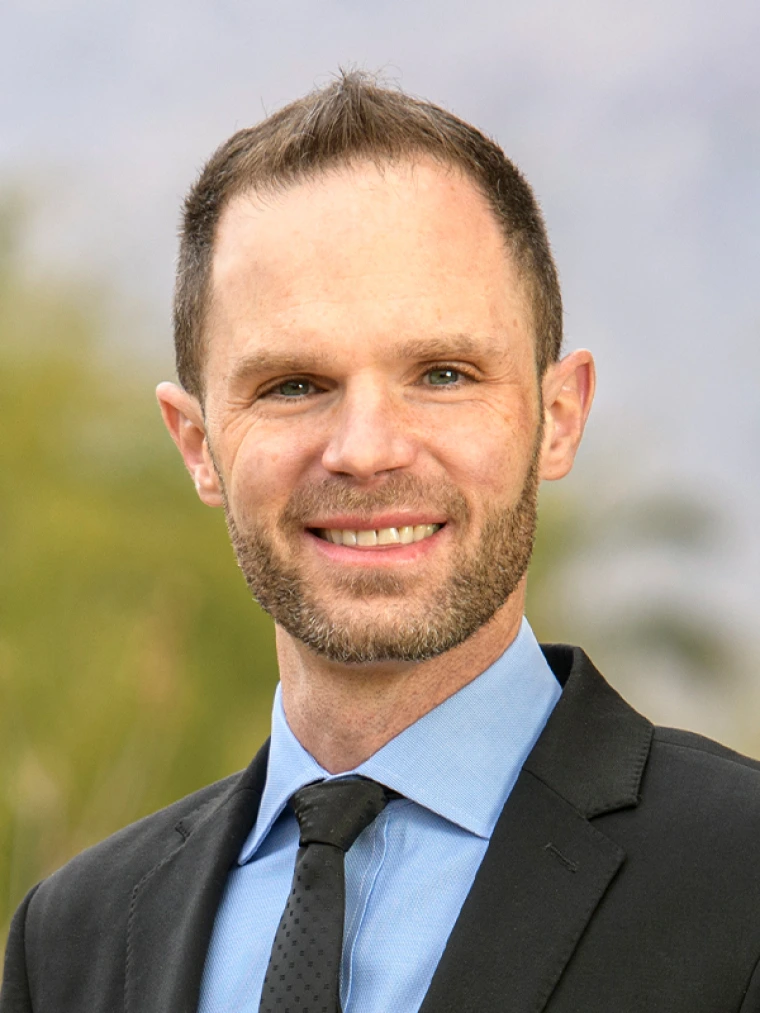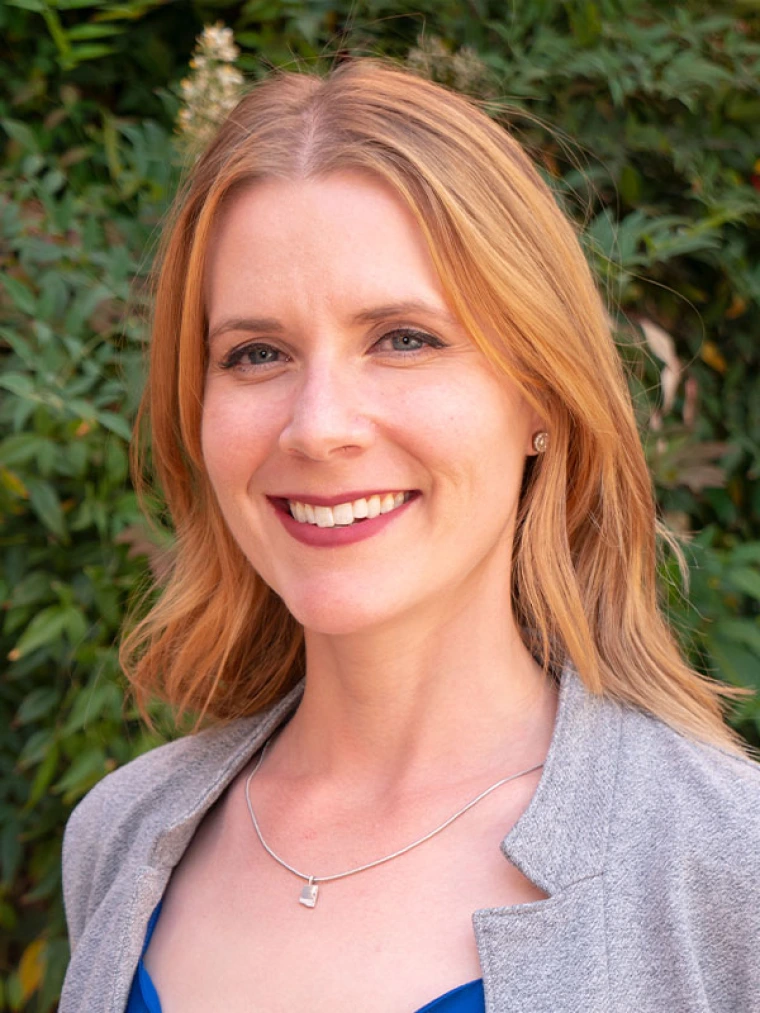The prevention team conducts cancer-related clinical research studies in three major areas:
- Studies of the association between biological, environmental, and lifestyle factors, as well as gene-environment interactions and cancer risk, morbidity, and mortality
- Studies of drugs, natural compounds, and vaccines to prevent cancer in at risk individuals
- Studies of behavioral and psychosocial interventions to reduce cancer incidence, morbidity, and mortality, as well as improve treatment outcomes with an emphasis on cancer survivorship.
The prevention team conducts clinical research studies to prevent cancer for various organ sites such as skin, breast, cervix, lung, upper aerodigestive track, ovarian, rectal, esophagus, stomach, colon, liver, and prostate. Clinical research studies are also conducted to improve treatment outcomes and symptom management for cancer survivors and to enhance the quality of life for cancer survivors and their caregivers.
The nationally recognized UArizona Cancer Center prevention team strives to conduct cancer-related clinical research studies that will lead to progressive reductions in cancer incidence, morbidity, and mortality. The depth and breadth of the team provides a unique opportunity to conduct clinical studies that span the full spectrum of primary, secondary, and tertiary prevention.
Below is a list of examples of the ongoing efforts from the prevention team:
- clinical trials to identify novel chemoprevention compounds for at risk individuals
- clinical trials to evaluate behavioral interventions to improve treatment outcomes for cancer survivors
- clinical trials to improve symptom management for cancer survivors and to reduce psychological distress of cancer survivors and their informal caregivers
- clinical research to improve smoking cessation
- clinical research to improve dissemination of cancer prevention health messages
- clinical research to reduce cancer health disparities
- clinical research to advance personalized cancer prevention
- lifestyle interventions to modify cancer recurrence, progression-free survival, or response to therapy or quality of life, or reduce co-morbidities after cancer




